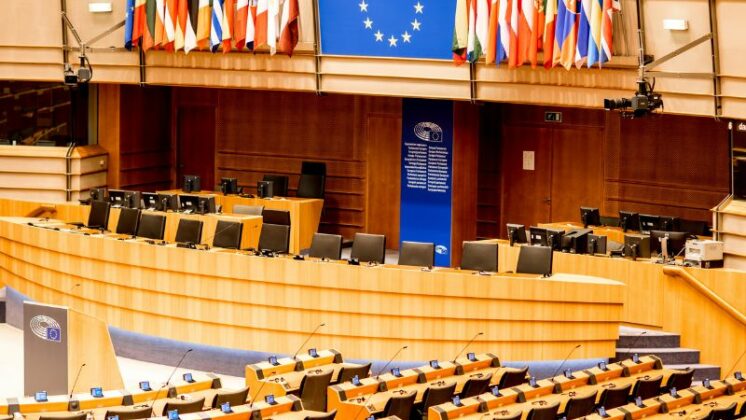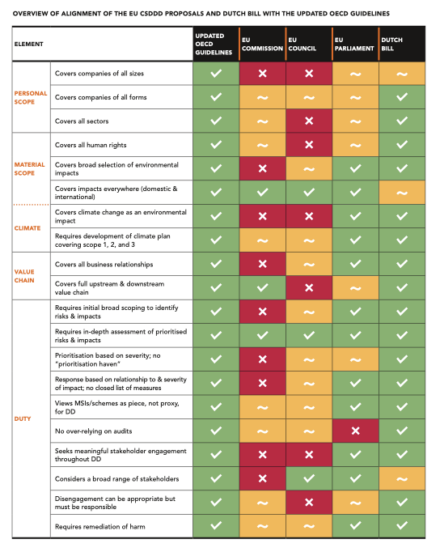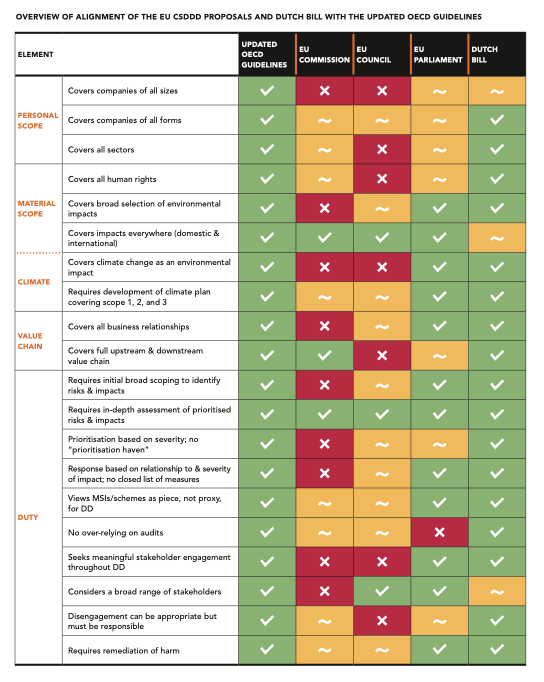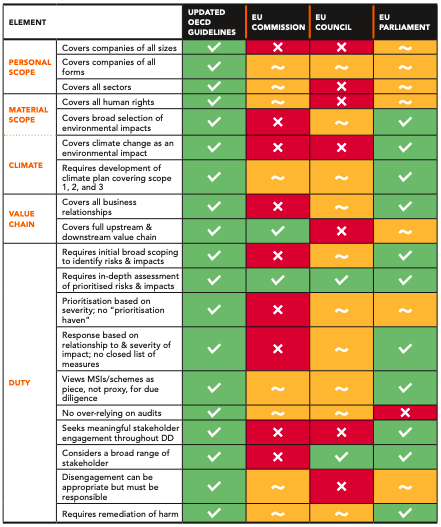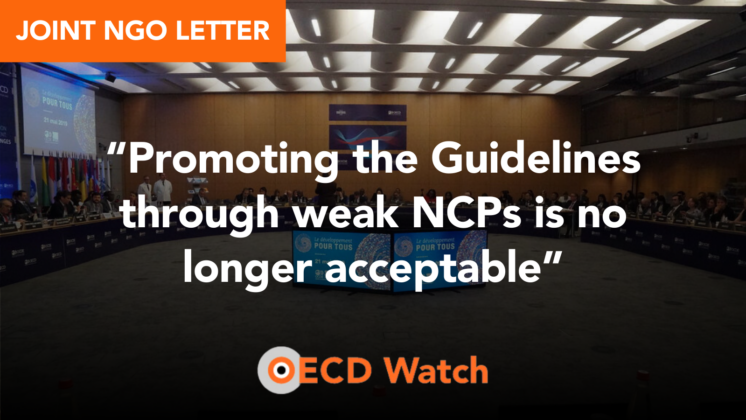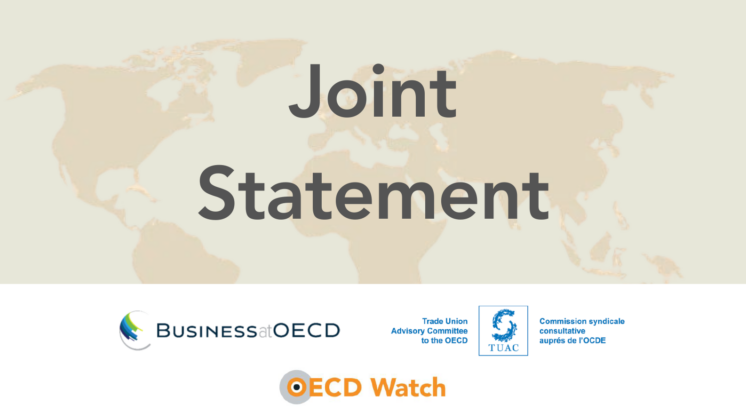Remaining opportunities to align the EU CSDDD with the OECD Guidelines
In late May 2024, the EU lawmaking institutions finally agreed to a landmark EU Corporate Sustainability Due Diligence Directive (CSDDD or Directive). Years in the making, the Directive represents the first EU-wide measure to require large EU-operating corporations to account systematically for a wide array of human rights and environmental impacts caused by them or their business partners within much of their value chains. As such, the measure stands out as a pivotal next step towards regulating corporate human rights and environmental harms through law rather than solely through soft law normative standards and voluntary initiatives.
EU policymakers have repeatedly endorsed the value of aligning national due diligence laws with existing international due diligence standards such as the OECD Guidelines for Multinational Enterprises on Responsible Business Conduct (Guidelines). Together with the UN Guiding Principles on Business and Human Rights (UNGPs), the OECD Guidelines provide the leading international normative framework on due diligence. Updated last year by the 51 governments that adhere to them and unanimously endorsed by the OECD Council, the Guidelines provide a valuable blueprint for states working to enshrine responsible business conduct (RBC) expectations into law. Alignment with these broad and robust standards as a baseline not only streamlines and simplifies expectations for companies, but better assures achievement of the Directive’s objective of ensuring companies identify, prevent, and address impacts to people and the environment associated with their products and services.
Important opportunities remain to further strengthen alignment between the CSDDD and the OECD Guidelines. This paper assesses the alignment between the Guidelines and the final Directive text in relation to its personal scope of covered companies, value chain scope of covered business relationships, material scope of covered impacts, and description of the due diligence duty. The paper finds the CSDDD takes a strong step towards coherence with the international norms but achieves only incomplete alignment. Important aspects of the due diligence duty itself, as well as the Directive’s scope of covered companies, business relationships, and material impacts, fall concerningly short.
Read our full analysis and recommendations on the next steps to achieve greater coherence.
read more less


